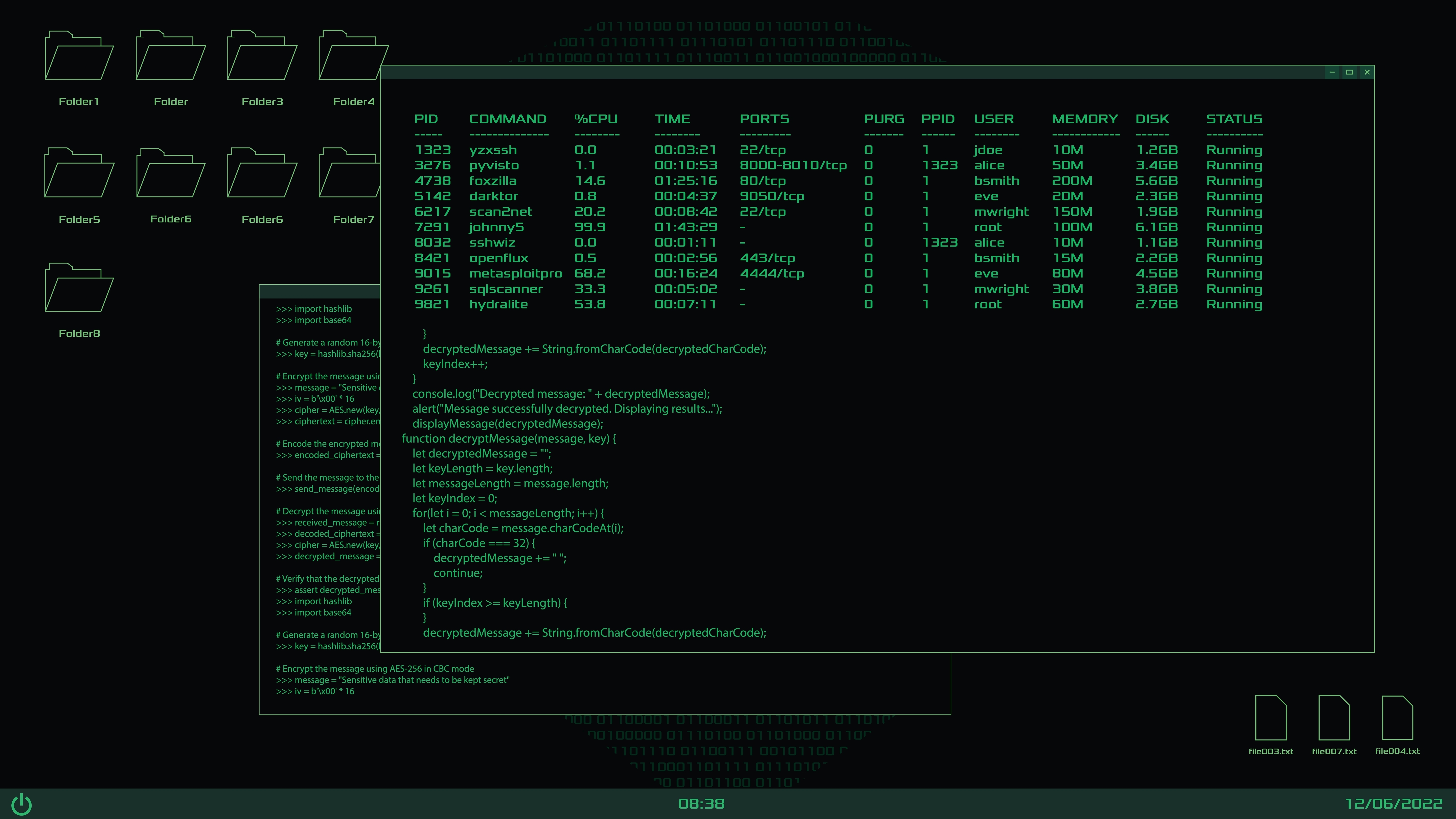Crisis PR
Crisis Communications for Beauty Brands
When a beauty brand faces a crisis, the clock starts ticking immediately. Whether it’s a contaminated product batch, an influencer partnership gone wrong, or a wave of negative reviews spreading across social media, the next 24 hours will determine whether your brand emerges stronger or suffers lasting damage. The beauty and wellness industry operates in a particularly unforgiving environment where consumer trust is both your greatest asset and most fragile commodity. One misstep can erase years of carefully cultivated brand equity, while a well-executed crisis response can actually strengthen customer loyalty and demonstrate the values that set your brand apart.
Beauty brands face a distinct set of challenges that make crisis management particularly complex. Your products touch consumers’ bodies directly, making safety concerns intensely personal. Social media has created an environment where a single customer complaint can reach millions within hours, and influencer partnerships—while powerful marketing tools—introduce third-party risks that traditional advertising never posed.
When a beauty brand faces a crisis, the clock starts ticking immediately....
How PR Shapes Trust in a Post-Hype Blockchain Era
The blockchain industry has weathered multiple storms—from spectacular exchange collapses to regulatory crackdowns that sent markets spiraling. What separates projects that survive these crises from those that fade into obscurity isn’t just technical superiority or funding reserves. It’s the ability to communicate with clarity, accountability, and authenticity when trust hangs by a thread. After years of overblown promises and hype-driven marketing, the industry now faces a reckoning where credible communication matters more than flashy announcements. For executives leading blockchain projects today, mastering crisis PR isn’t optional—it’s the difference between recovery and irrelevance.
When crisis hits a blockchain project, the clock starts ticking in minutes, not hours. The decentralized nature of crypto communities means information—and misinformation—spreads at unprecedented velocity across Twitter, Discord, Telegram, and Reddit simultaneously. Your first communication window is brutally short, and silence gets interpreted as guilt or incompetence.
The blockchain industry has weathered multiple storms—from spectacular...
The Intersection of Corporate Communications and Cybersecurity Messaging
When a cybersecurity incident strikes, the technical breach is only half the battle. The other half—often more damaging to long-term business health—is how you communicate about it. We’ve watched organizations with robust security infrastructure crumble under the weight of poor crisis communication, while others with less sophisticated defenses preserved stakeholder trust through transparent, coordinated messaging. The gap between what security teams know and what communications professionals can effectively convey to diverse audiences has become a critical vulnerability in itself. Bridging this divide isn’t optional anymore; it’s a business imperative that determines whether an incident becomes a manageable event or a reputation-destroying crisis.
The most common failure I see in incident response isn’t technical—it’s organizational. Companies invest millions in security tools but leave communication protocols to chance, assuming teams will naturally coordinate when pressure hits. They won’t.
When a cybersecurity incident strikes, the technical breach is only half the...
Predictive Crisis Communications Using AI and Real-Time Data
Crisis communications has entered a new era where waiting for a threat to materialize means you’ve already lost. The window between a brewing issue and full-blown reputational damage has collapsed to hours—sometimes minutes. Organizations that rely on traditional monitoring methods find themselves perpetually behind, scrambling to contain fires that AI-equipped competitors spotted and extinguished before they spread. Real-time data streams combined with machine learning now offer something previously impossible: the ability to see around corners, model how disinformation will propagate, and intervene before narratives harden into public perception.
AI doesn’t predict crises through magic—it works by processing volumes of data no human team could handle. Machine learning algorithms scan social media feeds, news outlets, forum discussions, and digital content simultaneously, identifying patterns that signal emerging threats. What makes this powerful is the technology’s ability to recognize subtle shifts in conversation velocity, sentiment changes, and network effects that precede major incidents.
Crisis communications has entered a new era where waiting for a threat to...
Protect Crypto Reputation During Market Crashes
When your token drops 30% overnight and Discord erupts with accusations, the next 48 hours will determine whether your project survives or joins the graveyard of failed crypto ventures. Market downturns don’t just destroy token value—they expose every weakness in your communication infrastructure, stress-test your community relationships, and reveal whether your team can operate under extreme pressure. The difference between projects that weather these storms and those that collapse isn’t luck or market timing—it’s the presence of structured crisis response systems that activate before panic becomes irreversible.
Most reputation crises announce themselves long before they explode. The problem? Your team is drowning in noise and can’t distinguish meaningful signals from routine community complaints.
When your token drops 30% overnight and Discord erupts with accusations, the...
Addressing Regulatory Issues in Crisis PR Effectively
When a regulatory issue threatens your organization, the stakes extend far beyond reputation damage. Compliance failures can trigger legal penalties, erode stakeholder trust, and invite prolonged regulatory scrutiny that affects operations for years. Managing these crises requires a specialized approach that balances legal obligations with strategic communication. PR professionals must coordinate closely with compliance and legal teams to craft messages that satisfy regulatory requirements while maintaining public confidence. This guide provides actionable strategies for integrating compliance into crisis planning, communicating transparently during regulatory incidents, and rebuilding trust after the storm passes.
A crisis management plan that ignores regulatory requirements creates more problems than it solves. Your framework should identify potential compliance risks specific to your industry and establish clear protocols for addressing them when they materialize.
When a regulatory issue threatens your organization, the stakes extend far...
Defamation and Libel Laws Explained for Content Creators
Publishing content in today’s digital world means walking a careful line between free expression and legal liability. Whether you’re a blogger, social media manager, journalist, or small business owner, understanding defamation law isn’t just academic—it’s practical protection against costly lawsuits and reputation damage. The legal landscape around false statements has grown more complex as technology blurs traditional boundaries between written and spoken communication. This guide breaks down what you need to know about defamation, libel, and slander so you can publish with confidence while protecting yourself from legal exposure.
Defamation serves as the umbrella term covering any false statement that damages someone’s character and is communicated to a third party. This third-party communication requirement is critical—if you call someone a thief directly to their face with no one else present, that’s not defamation because it doesn’t damage their reputation in anyone else’s eyes. The harm comes from what others think, not what the target person knows you said.
Publishing content in today's digital world means walking a careful line...
A Guide to Managing PR for Controversial Game Themes
Video game content that pushes boundaries can spark intense public debate, putting PR teams in the hot seat. When a game tackles sensitive subjects—whether violence, political themes, or social issues—the response from players, media, and advocacy groups can range from passionate support to fierce criticism. PR professionals, community managers, and developers need a clear roadmap for managing these situations without compromising their creative vision or damaging their studio’s reputation. This guide provides actionable strategies for responding to public concerns, articulating artistic intent, and building community support when your game becomes the center of controversy.
Video games have matured as a medium, tackling complex themes that once belonged exclusively to film and literature. This artistic growth brings PR challenges that require specialized knowledge and careful planning. The gaming community operates across multiple platforms—from Reddit and Discord to Twitter and YouTube—where opinions spread rapidly and criticism can snowball within hours.
Video game content that pushes boundaries can spark intense public debate,...








